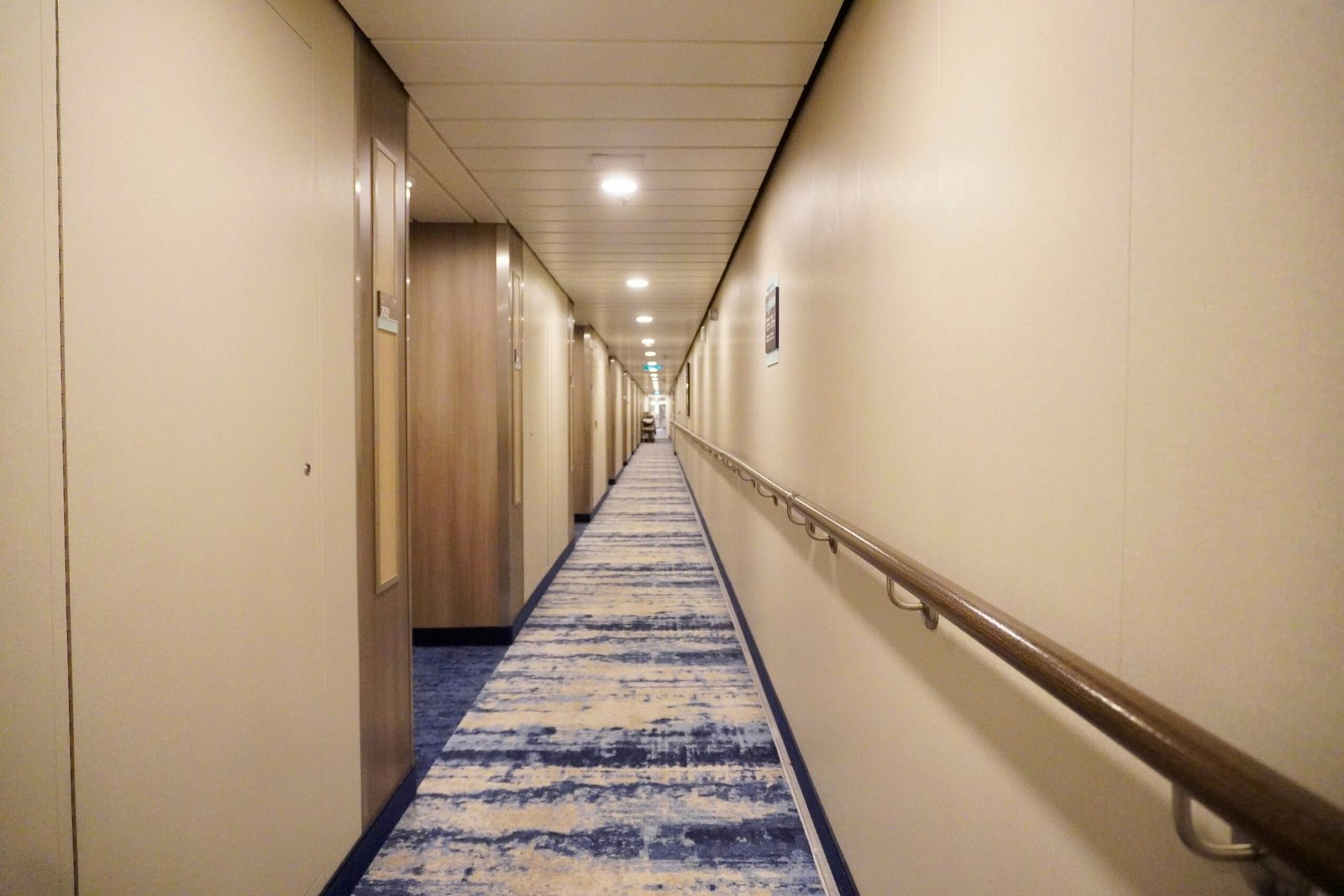The Indian hotel industry is poised for steady growth in the upcoming financial year, with revenue expected to increase by seven to nine percent. This positive outlook reflects the industry’s resilience and ability to adapt to changing market dynamics.
Despite the challenges posed by the global pandemic, the Indian hotel industry has shown remarkable resilience and adaptability. As the country gradually recovers from the impact of COVID-19, the industry is expected to witness a gradual revival in demand.
The forecasted revenue growth of seven to nine percent is a promising sign for the Indian hotel industry. It indicates a gradual recovery and a return to pre-pandemic levels of business activity. This growth is expected to be driven by several factors.
1. Domestic Tourism
With international travel restrictions still in place, domestic tourism is expected to be a key driver of revenue growth for the Indian hotel industry. As people continue to prioritize safety and explore local destinations, hotels across the country are likely to benefit from increased domestic travel.
Popular tourist destinations such as Goa, Kerala, Rajasthan, and Himachal Pradesh are expected to witness a surge in domestic tourists. This presents an opportunity for hotels in these regions to capitalize on the pent-up demand and attract visitors looking for a safe and rejuvenating vacation.
2. Business Travel
As economic activities resume and businesses gradually return to normalcy, the demand for business travel is expected to pick up. Meetings, conferences, and corporate events will once again become an integral part of the business landscape, leading to increased occupancy rates in hotels.
Business travelers are likely to prioritize hotels that offer a safe and conducive environment for work, with stringent health and safety protocols in place. Hotels that can effectively meet these requirements are expected to attract a significant share of the business travel segment.
3. Enhanced Safety Measures
The health and safety of guests have become paramount in the wake of the pandemic. Hotels have implemented rigorous safety protocols and hygiene measures to instill confidence among guests. These measures, including regular sanitization, contactless check-in, and social distancing norms, are likely to continue even as the situation improves.
The emphasis on safety and hygiene is expected to attract guests who prioritize their well-being while traveling. Hotels that have successfully implemented these measures will be in a better position to attract guests and drive revenue growth.
4. Technology Adoption
The pandemic has accelerated the adoption of technology in the hotel industry. Hotels have increasingly embraced digital solutions for contactless services, online bookings, and personalized guest experiences. This trend is expected to continue, with technology playing a crucial role in enhancing operational efficiency and guest satisfaction.
Hotels that effectively leverage technology to streamline operations and offer personalized experiences are likely to gain a competitive edge. By investing in innovative solutions and staying ahead of the curve, hotels can attract tech-savvy guests and drive revenue growth.
5. Government Initiatives
The Indian government has taken several initiatives to support the hospitality sector during these challenging times. These include financial incentives, tax relief measures, and the promotion of domestic tourism. Such initiatives are expected to provide a much-needed boost to the hotel industry and contribute to its revenue growth.
By collaborating with the government and leveraging the benefits of these initiatives, hotels can navigate the current landscape more effectively and drive revenue growth.
In conclusion, the Indian hotel industry is poised for a revenue growth of seven to nine percent in the next financial year. This positive outlook is driven by factors such as domestic tourism, business travel, enhanced safety measures, technology adoption, and government support. By capitalizing on these opportunities and adapting to the changing market dynamics, hotels can navigate the post-pandemic landscape and drive sustainable growth.



































